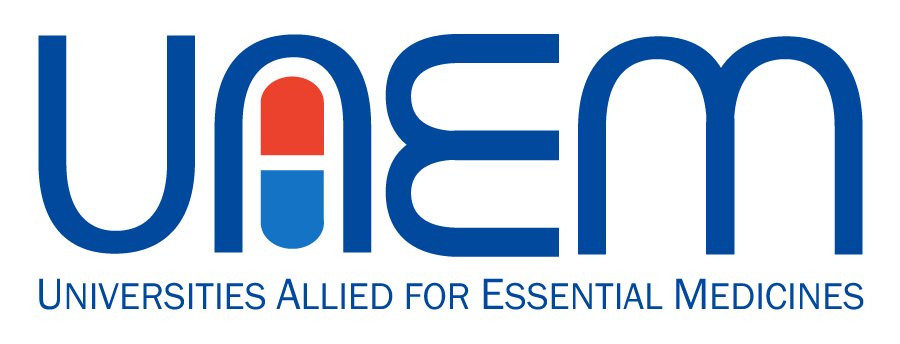Transforming Clinical Trial Results Reporting in the United States
A New Report Examining the U.S. Food and Drug Administration and National Institutes of Health's enforcement of clinical trial reporting laws.
Groundbreaking Report by Universities Allied for Essential Medicines (UAEM), the Yale Collaboration for Regulatory Rigor, Integrity, and Transparency (CRRIT), and Columbia Law School’s Science, Health and Information Clinic (SHIC).
In the 1990s and 2000s, a series of drug safety scandals rocked FDA and the United States. Among these scandals was the Vioxx scandal: In 1999 Merck began marketing Vioxx as a new, supposedly safer painkiller, yet undisclosed adverse cardiovascular events resulted in the deaths of perhaps as many as 38,000 patients and a $4.8 billion settlement. In response to this and other scandals, Congress passed the FDA Amendments Act of 2007 (FDAAA) mandating public reporting of the results of essentially all late-stage clinical trials of FDA-regulated drugs and devices, so long as the trials are conducted in whole or in part in the United States. Under FDAAA, trial results must be reported to the public on the ClinicalTrials.gov database. FDA is entrusted with enforcing this reporting mandate.
Yet, 17 years later FDA has failed to collect $62 billion in fines and almost 5,000 clinical trials remain missing from the ClinicalTrials.gov database. “Transforming Clinical Trial Results Reporting in the United States” details the noncompliance ecosystem of the NIH and FDA’s underenforcement of federal results reporting laws, clinical trial responsible party underreporting of results, and related congressional actions aimed at improving compliance.
This paper outlines UAEM’s Clinical Trial Transparency Campaign, established in 2019 to address outstanding noncompliance with federal reporting requirements. In February 2023, Columbia Law School’s SHIC filed a formal FDA Citizen Petition on behalf of UAEM that provided evidence-based insights for ClinicalTrials.gov enforcement. In February 2024, FDA issued a complete response to the petition and credited UAEM for the agency’s new public dashboard of Preliminary Notices of Noncompliance (Pre-Notices).
A core component of the report also includes UAEM’s multi-year investigation of sensitive documents detailing the state of noncompliance and enforcement on ClinicalTrials.gov. UAEM partnered with Columbia Law School’s SHIC to obtain these documents through Freedom of Information Act (FOIA) requests with the HHS, FDA, and NIH. A synopsis of the documents can be found here.
Analysis of the documents revealed the following key findings:
Pre-Notices and Notices of Noncompliance are 90% and 100% effective at improving results reporting, respectively. However, FDA will not increase the issuance of Notices.
FDA has only issued 149 Pre-Notices, despite the thousands of noncompliant clinical trials.
FDA and NIH are knowledgeable of widespread noncompliance.
FDA claims enforcement resources are limited, yet the agency has not requested additional budget authority related to ClinicalTrials.gov enforcement.
FDA advocates for voluntary compliance and purports the data available on ClinicalTrials.gov is insignificant when making clinical decisions writing: “It is generally not possible to draw conclusions about the safety or efficacy of FDA-regulated medical products based solely on the limited amount of public information on ClinicalTrials.gov for any specific trial.”

